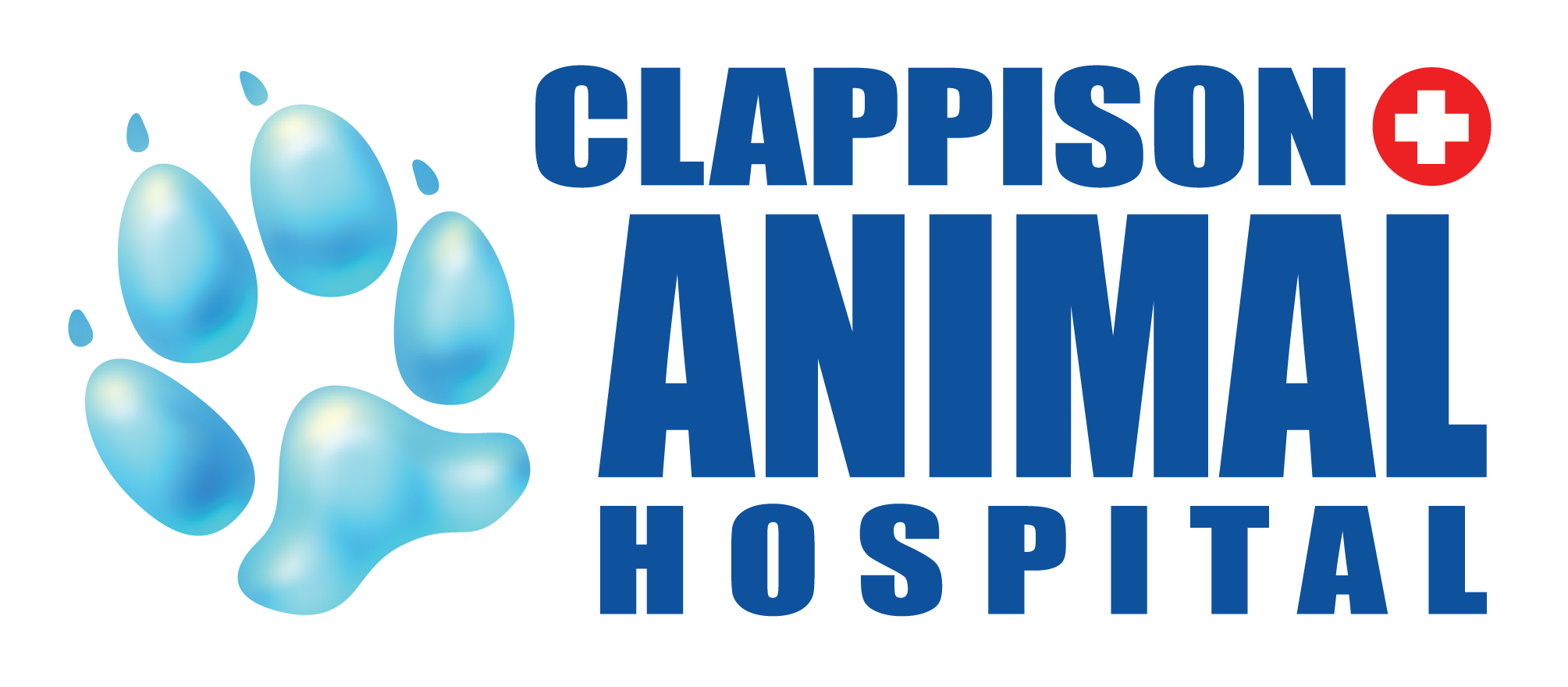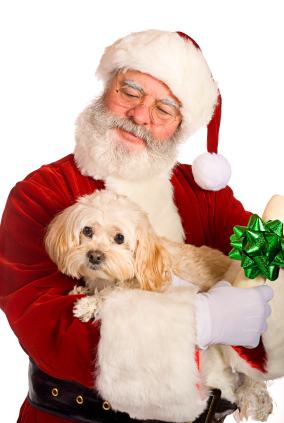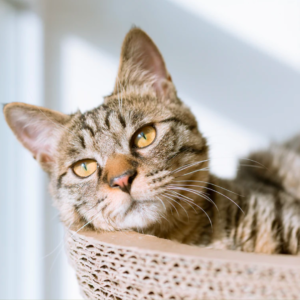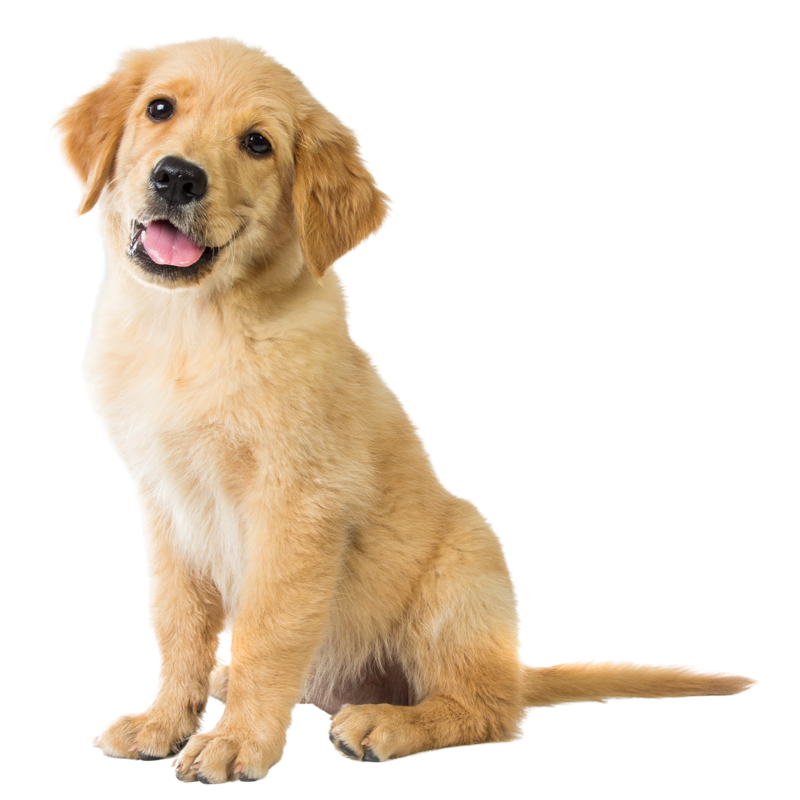Halloween is now over and with it being December all of the stores have their Christmas music playing on repeat. This can only mean that we are headed into the season of Christmas parties, family gatherings, snow and cold weather. This also means that we are headed into a season where there are numerous hazards, decorative and otherwise, for our furry friends. When preparing your house this holiday, please keep in mind that the following items are hazardous to your pet’s health and wellbeing:
- Poinsettas, Holly and Mistletoe. These plants are toxic to both dogs and cats. Eating these plants can cause signs ranging from gastrointestinal irritation, such as vomiting and diarrhea to erratic behavior, difficulty breathing, and death if not detected soon enough. This holiday season please be sure to keep all poisonous plants away from your pets, or, to be safe, out of your household.
- Tinsel and gift wrap. This item is a perfect “accident waiting to happen” for a young kitten or playful cat. Ribbons and tinsel are perfect play items- shiny, dangly and easy enough to eat. Unfortunately, when ribbons and tinsel are eaten they can get stuck within the intestine causing an obstruction. A once inexpensive “cat toy” then becomes a costly endeavor with hospitalization and surgery to fix the problem.
- Chocolate and nuts. It is commonly known that chocolate is toxic to dogs, but did you know that some nuts, such as macadamia nuts and moldy walnuts, can cause similar problems? When consumed chocolate can cause hyperactivity and neurological signs such as seizures. Consumption of macadamia and some walnuts can also cause neurological signs such as tremors and seizures.
- Caffeinated and alcoholic beverages. Make sure that you don’t leave your beverages unattended this Christmas season. Caffeinated beverages such as coffee can cause hyperactivity and gastrointestinal upset. On the opposite end of the spectrum, alcohol can cause animals to act strangely, become weak and even fall into a coma.
- Although candles aren’t necessarily toxic to your pets, the flickering light coming from a lit wick can be an invitation to play for a cat. Similarly, a scented candle may smell good enough to eat to your four-legged canine friend. Burns on paws and tails are extremely painful and require immediate veterinary care. Similarly, an entire candle consumed by a dog can cause a stomach or small intestinal obstruction. Either way, these events mean an unwanted trip to the veterinary hospital.
If you have any other questions about substances that may harm your pet, or are worried that your cat or dog might have gotten in to something they shouldn’t have, please do not hesitate to contact your veterinarian. Keep your pets safe, happy and healthy this holiday season.




